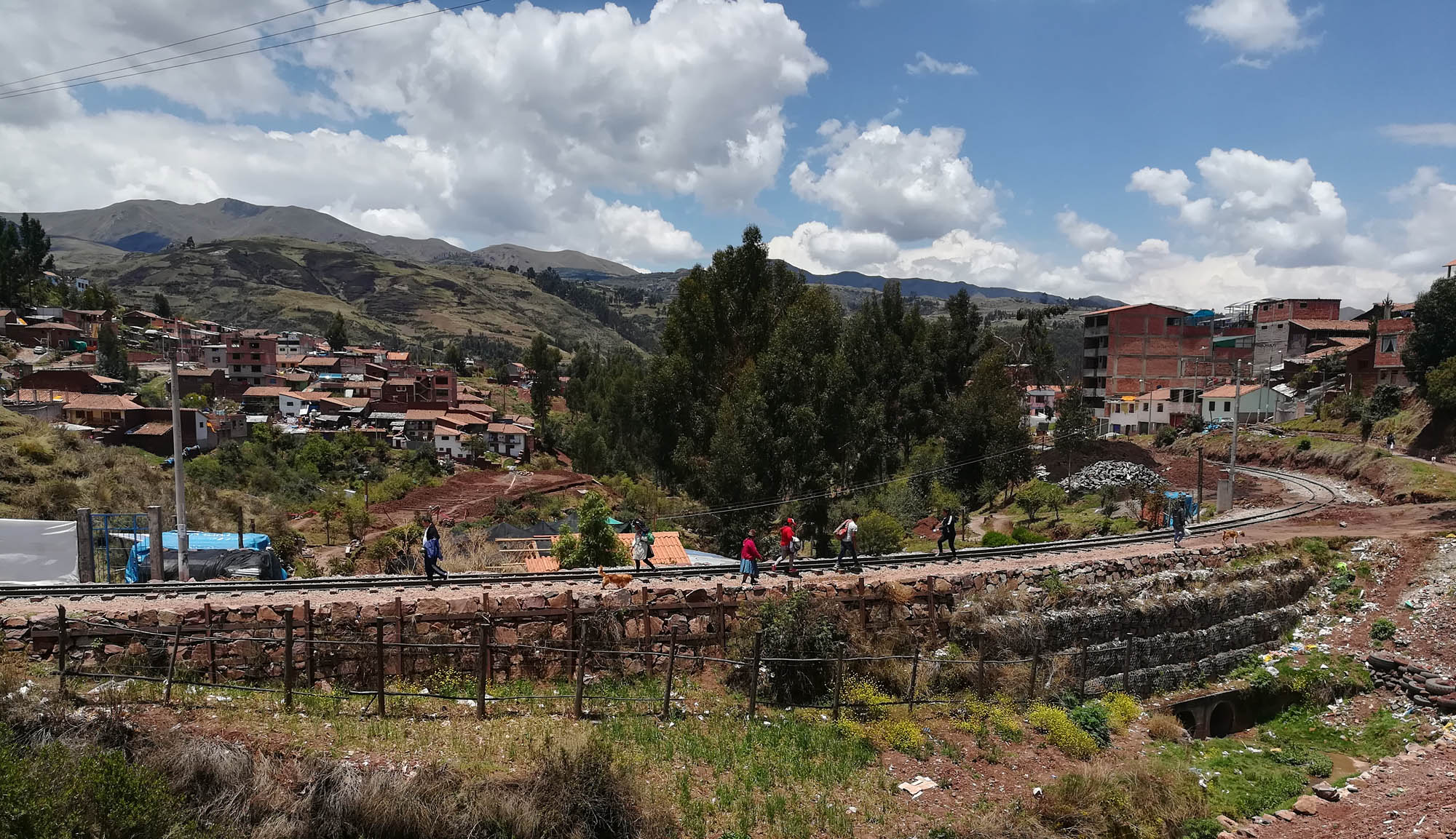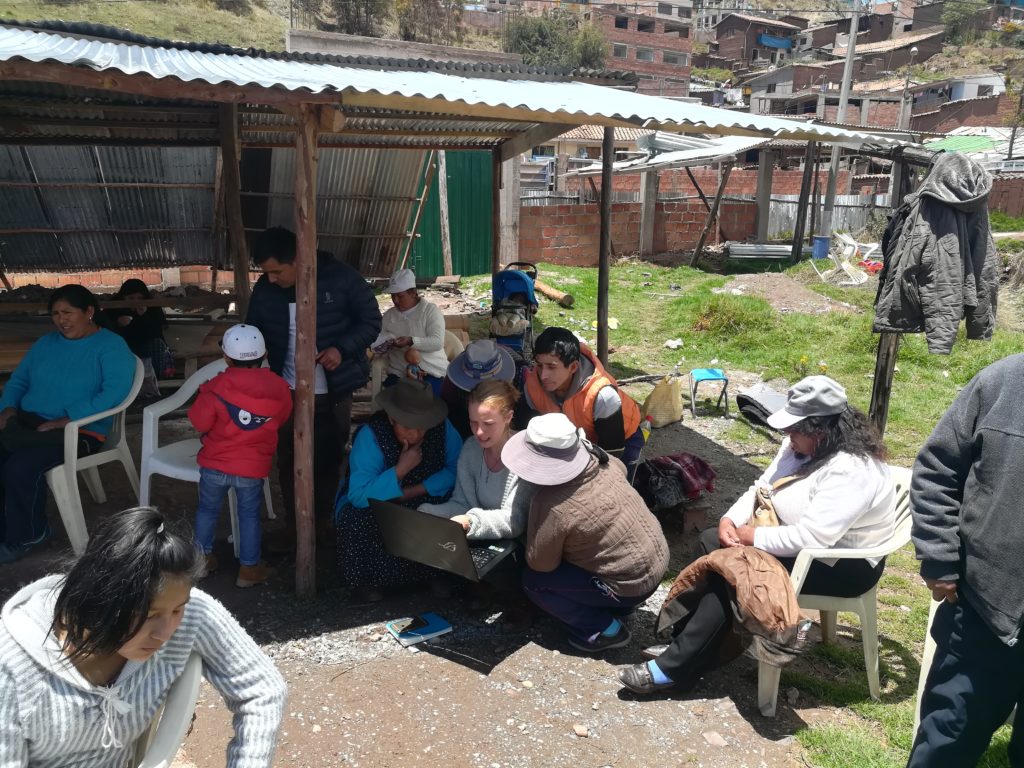
APV Camino Real-Cusco: A Safe and Friendly Eco-Tourism Neighborhood
Camino Real is considered one of the few neighborhoods with large green spaces in the North Western district of Cusco, which is why a new generation of residents want to protect it and designate it as an ecotourism neighborhood. To make it happen, a number of committed young people have taken on leadership roles at the neighborhood, district, and municipal levels of Cusco.
The vision for an ecotourism neighborhood coincided with the formation of “MOSOQ YAWAR”, an organization we founded in Camino Real to bring together young adults to work in the recovery of green spaces and to improve the environmental and social quality of our neighborhood.
In order to improve our green spaces, the group worked hard to involve community members in efforts such as clean-ups, training workshops on solid waste, sporting competitions, and dance contests aimed at raising environmental awareness among children, youth, adults, and seniors.
Some of the important initiatives we carried out to build our neighborhood vision were:
- Reorganize and strengthen the grassroots community organizations of Camino Real, such as the neighborhood’s Board of Directors (this is a unique governance structure to neighborhoods in Cusco), the Vaso de Leche women’s committee, the soup kitchen, and a community youth group.
- Work in coordination with strategic allies such as public and private institutions in the city of Cusco, including the Provincial Municipality of Cusco, Guaman Poma de Ayala Center, Peru Rail, Ministry of Culture Cusco, Health Centers, Neighborhood Boards, Unique Defense Front of the North Western Zone of Cusco, the Northwest Youth Network, and Ecocity Builders.
- The recovery of green areas was carried out through projects such as the Parque del Arbol, a local botanical garden made in collaboration with the Cusco based NGO Guamán Poma de Ayala, with the aim of generating micro-ecosystems with the incorporation of native plants. Likewise, the Camino Real ecological park project is being executed in coordination with the Provincial Municipality of Cusco, with the aim of improving the environment and creating environmentally friendly spaces, which will enhance the image and natural environment of the neighborhood.
- Coordinations were made with the Decentralized Office of Culture Cusco to execute the recovery, conservation, and valorization of the archeological and cultural assets within Camino Real such as the Arco de Ticatica and a section of the Inca path, Qhapaq Ñan of the Chinchaysuyu. With these efforts we have restored value and importance of the “Patrimony of Material and Immaterial Culture” in the Camino Real neighborhood.

Guido Jara Ugarte and Sydney Moss collaborating with the Camino Real community on the design for el Tambo.
We plan to continue working with NGO’s and institutions to ensure that Camino Real is a safe and friendly ecotourism neighborhood where each community member and local organization will strengthen this dream. Currently, there are friends, family, neighbors, partners, and authorities committed to building this vision of the neighborhood. We see Camino Real as a space for recreation, leisure, and natural rest and appreciate the historical heritage value our ancestors the Incas left for us.
The Camino Real-Cusco Asociación para Pro-Vivienda (Association for Positive Co-Living, or APV), in coordination with Ecocity Builders, has carried out community research projects on a range of environmental issues.
Currently, we are building on research specifically around solid waste issues in Camino Real to create a community driven design solution that will remedy this problem in our neighborhood: el Tambo!
The following research was completed and has helped to inform the Tambo design:
- Diagnosis of plastic solid waste in the APV Camino Real-Cusco.
- Documentation and investigation of solid waste contamination in the wetland of the APV Camino Real-Cusco.
- Urban metabolism investigation around materials entering and exiting Camino Real was aimed at young people from 14 to 18 years old to minimize the generation of solid waste and come up at the Camino Real-Cusco APV.
- Study of the solid waste collection routes in the presence of contamination foci in the APV Camino Real-Cusco.
- Categorization of program in the sources of the Solid Residues domiciliary in the Pro-Housing Association Camino Real.
With all these data and results obtained in the research, we worked in coordination with Ecocity Builders’ Urbinsight Project Director Sydney Moss to develop several project proposals for implementation. In order to mitigate the environmental impact of solid waste, we decided as a community to start by implementing the “TAMBO” project which seeks to constructively engage more isolated populations on solid waste issues throughout the Camino Real area.
With the unconditional support of national and international institutions we will continue to build a sustainable neighborhood with safe and healthy conditions for all residents. We will work to be an environmentalist neighborhood that seeks to balance the relationship between man and nature and is a natural refuge of peace and tranquility.



Sorry, the comment form is closed at this time.